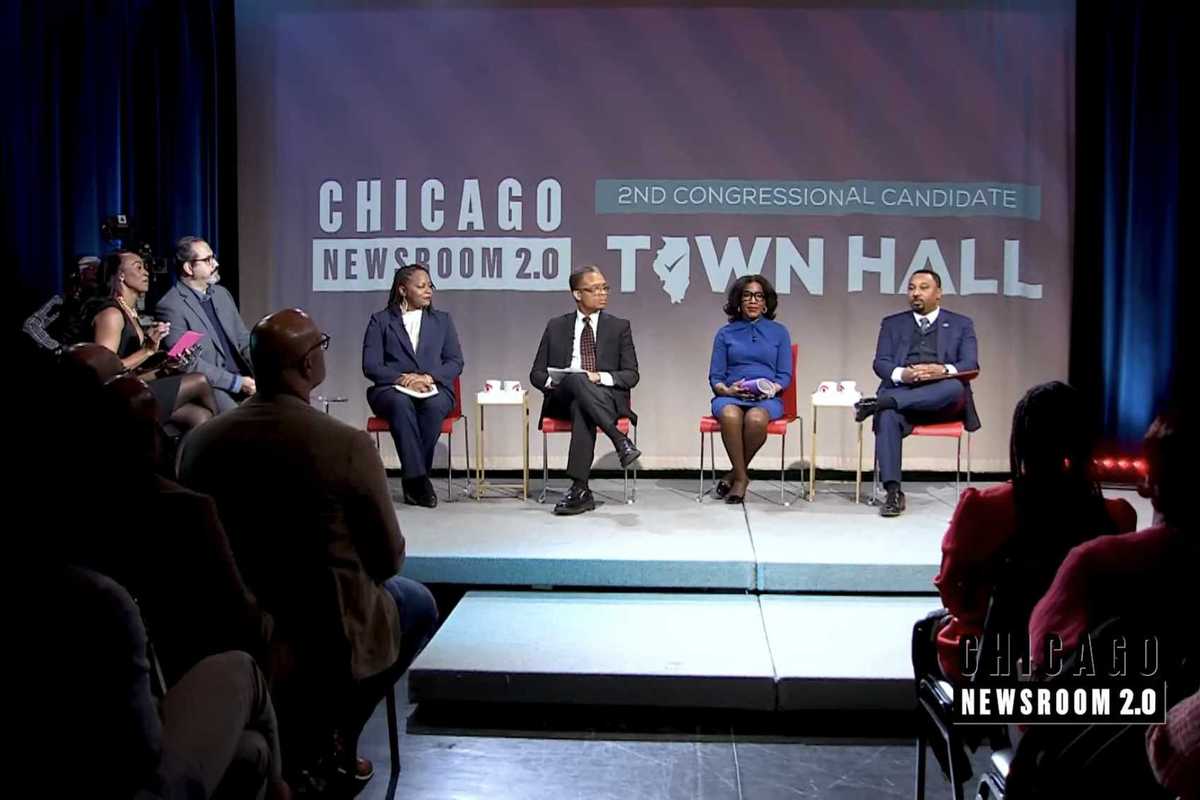On June 4, The Fulcrum published “ Project 2025 is a threat to democracy,” written by University of Iowa professor emeritus Steve Corbin. The article had a tremendous impact on our readers and quickly became the most popular post of the year.
For those who have not heard of Project 2025, it is a playbook specifically created for Donald Trump to use as a guideline for his first 180 days in office should he win the November election.
The Heritage Foundation, a conservative think tank, proudly takes credit for facilitating the creation of the 887-page documentary.
Project 2025’s two editors were assisted by 34 authors, 277 contributors, a 54-member advisory board, and a coalition of over 100 conservative organizations (including ALEC, The Heartland Institute, Liberty University, Middle East Forum, Moms for Liberty, the NRA, Pro-Life America and the Tea Party Patriots).
Project 2025 consists of 30 sections on important federal government agencies or issues, such as the Federal Election Commission, Department of Defense, Department of Homeland Security, Department of State, Executive Office of the President and Department of Education.
While an in-depth analysis of what works and doesn't work in our democracy is a laudable and much-needed task, unfortunately Project 2025 is a biased political report designed to build a case for conservative solutions, using inductive reasoning to support preconceived opinions. What we need is deductive reasoning that analyzes the problem and offers solutions to the problem regardless of whether the solutions fit into a conservative, moderate or progressive mold.
As a result, Project 2025 has many potential dangers that would, at the very least, set back our country and, at worst, subvert our democracy.
The Fulcrum believes that a version of Project 2025 approached from a cross-partisan perspective, void of pre-determined left or right solutions, would serve as a guide for citizens and our elected representatives to ensure the healthy democratic republic we all desire.
In the words of the late management guru Peter Drucker: “I am not in favor of big government. I am not in favor of small government. I am in favor of effective government.”
And that is what The Fulcrum works in support of — effective government.
If we are to have a healthy and thriving democratic republic, we need a “Cross-Partisan Project 2025,” and starting next week, The Fulcrum will launch our version: an unbiased approach to the pressing issues that our nation must address. We will use a solutions journalism approach that focuses on:
- What's dividing Americans on critical issues?
- Which information presented by Project 2025 is factual and to be trusted, and what is not?
- What is oversimplified about Project 2025’s representation and perspective, and what is not? What are alternative solutions?
- What do people from all sides of the political spectrum need to understand to address salient points of Project 2025 in a critical-thinking manner?
- What are the questions nobody's asking?
Simply stated, we will explore the nuances and complexities of the subjects and issues covered in the Project 2025 plan. In the coming weeks, The Fulcrum staff and a selection of The Fulcrum’s regular contributors will report on components of Project 2025 from the above perspective.
We will not shy away from Project 2025’s most controversial components and will call attention to dangerous thinking that threatens our democracy when we see it. However, in doing so, we are committing to not employing accusations, innuendos or misinformation. We will advocate for intellectual honesty to inform and persuade effectively.
The Cross-Partisan Project 2025 series offers The Fulcrum a unique opportunity to provide reporting that banishes the old ways of demonizing “the other side.” We will be committed to implementing critical thinking, reexamining outdated assumptions, and using reason, scientific evidence, and data in formulating and testing public policy for 2025 and beyond. Our reporting and analysis will be based on a philosophy that seeks out diverse perspectives and experiences to find common ground.
Our nation needs to reshape our collective sense of civic responsibility, community building and political engagement. We must nurture new generations of thoughtful citizens and committed leaders who will promote a multidimensional approach to America's most important domestic and foreign policy issues.
That is the goal of The Fulcrum’s Cross-Partisan Project 2025.
More articles about Project 2025
- A cross-partisan approach
- An Introduction
- Rumors of Project 2025’s Demise are Greatly Exaggerated
- Department of Education
- Managing the bureaucracy
- Department of Defense
- Department of Energy
- The Environmental Protection Agency
- Education Savings Accounts
- Department of Veterans Affairs
- The Department of Homeland Security
- U.S. Agency for International Development
- Affirmative action
- A federal Parents' Bill of Rights
- Department of Labor
- Intelligence community
- Department of State
- Department of the Interior
- Federal Communications Commission
- A perspective from Europe
- Department of Health and Human Services
- Voting Rights Act
- Another look at the Federal Communications Commission




















